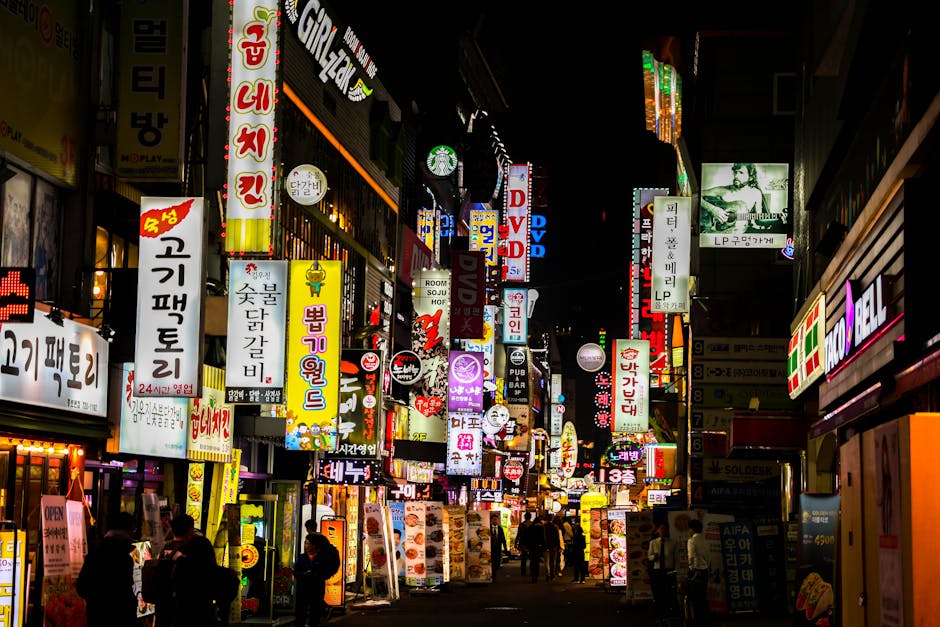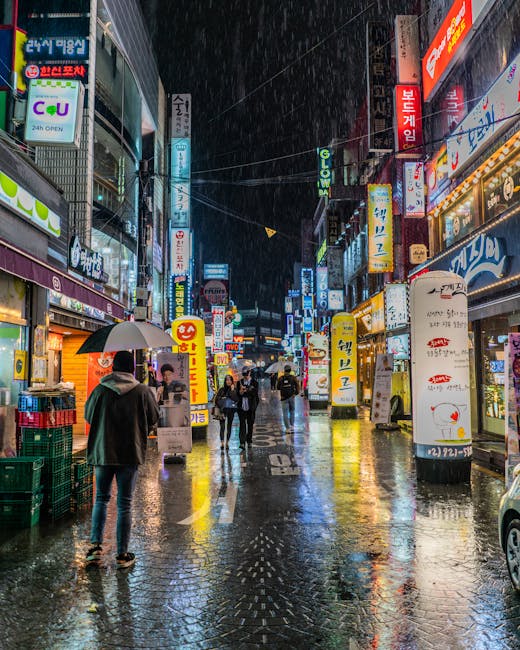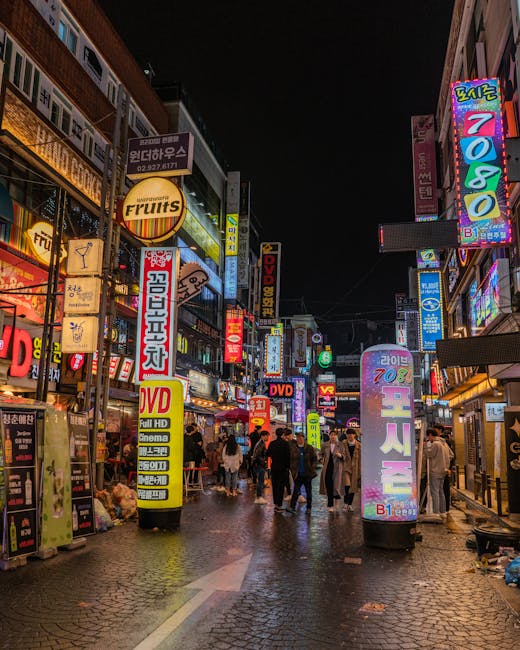


 North Korea
North Korea
Korea (Democratic People's Republic of) is an exciting and unique travel destination. It offers a variety of cultural experiences, from ancient temples and palaces to modern cities and nightlife. The country is home to some of the world’s most beautiful landscapes, including mountains, beaches, and islands. Visitors can explore the vibrant culture through traditional festivals, music, art, and cuisine. There are also plenty of opportunities for outdoor activities such as hiking, skiing, and water sports. With its friendly people and fascinating history, Korea (Democratic People's Republic of) is sure to be an unforgettable travel experience.
Activities: Surfing, Stand-up paddle boarding, Canoeing, Rafting, Skiing, Snowboarding, Mountain biking, Hiking, Camping, Rock climbing
Landscapes: Islands, Beaches, Forests, Woodlands, Mountains, Rivers, Lakes
Topics: Cities, Nature, Wildlife, Food, Art, Music, History, Festivals
Is North Korea expensive?
North Korea currency
₩North Korean won (KPW)
Weather in North Korea
The weather in the Democratic People's Republic of Korea (DPRK) is generally mild and humid. The summers are hot and humid, with temperatures ranging from 20-30°C (68-86°F). The winters are cold and dry, with temperatures ranging from -10 to -20°C (14-4°F). Rainfall is abundant throughout the year, with the heaviest rainfall occurring in July and August. Snowfall is common in the winter months, especially in the northern parts of the country. The best time to visit DPRK is during the spring and autumn months when temperatures are milder and more comfortable.
- Yearly temperature range: -12°C - 28°C
- Monthly rainfall range: 14mm - 254mm
- Daily sunshine range: 5h - 7h
Traveling North Korea
Transportation
The most common way to get around the country is by train, bus, or car. There are also domestic flights available from major cities. Taxis are also available in most cities.
Is North Korea safe?
Crime
The Democratic People's Republic of Korea (DPRK) has a very strict legal system and is known for its harsh punishments for criminal offenses. The most common crimes in the DPRK are theft, bribery, drug trafficking, and illegal border crossings. Other serious offenses include espionage, treason, and political dissent. The death penalty is often used as punishment for these crimes. In addition, the DPRK has strict laws against religious activities and any form of criticism of the government or its leaders.
Travel advisory
4.4/5North Korea has a current risk level of 4.4 (out of 5). We advise: Please reconsider your need to travel to North Korea.Last updated: Thu Mar 23 2023
Health
Vaccinations
It is recommended that travelers to the Democratic People's Republic of Korea be up-to-date on routine vaccinations, including measles, mumps, rubella, diphtheria, tetanus, pertussis, polio, and influenza.
Food and Water Safety
It is important to take precautions when eating and drinking in the Democratic People's Republic of Korea. Avoid tap water and ice cubes made with tap water. Only eat food that has been cooked and is still hot. Avoid raw or undercooked meat, fish, and eggs.
Insect Protection
Mosquitoes are common in the Democratic People's Republic of Korea. Wear long-sleeved shirts and long pants when outdoors to protect against mosquito bites. Use insect repellent containing DEET or picaridin on exposed skin.
Insect repellentAir Quality
Air pollution levels in the Democratic People's Republic of Korea can be high. It is recommended that travelers limit their exposure to outdoor air pollution by avoiding strenuous outdoor activities during periods of high air pollution.
North Korea customs and etiquette
Greeting
When greeting someone, it is polite to bow slightly and say 'Annyeonghaseyo' (Hello). It is also polite to use formal language when speaking to elders or people in positions of authority.
Gift Giving
It is customary to bring a small gift when visiting someone's home. Gifts should be wrapped in bright colors and should not be opened in front of the giver.
Dining Etiquette
When dining out, it is polite to wait for the oldest person at the table to begin eating before starting. It is also important to use chopsticks correctly and not stick them upright in your food.
Public Behavior
Public displays of affection are considered inappropriate. It is also important to dress modestly and respect local customs.
TP
Copyright 2023